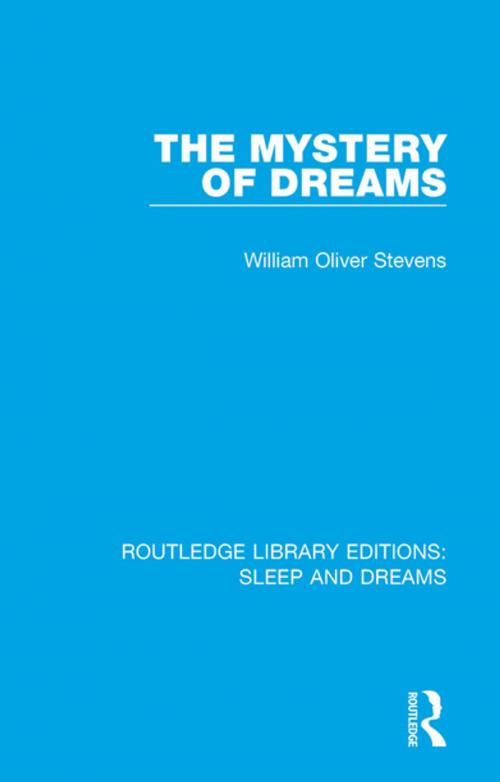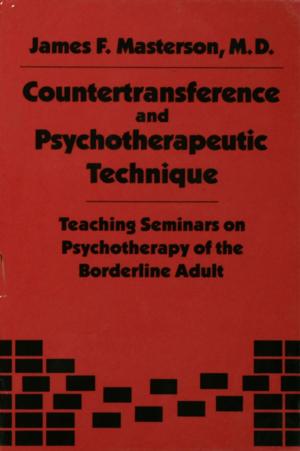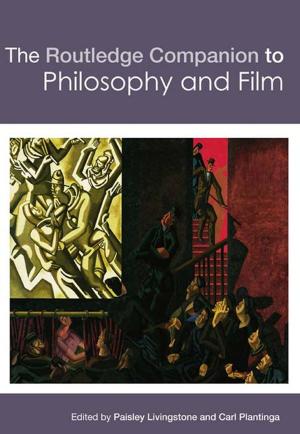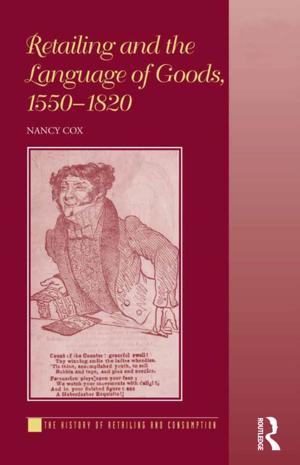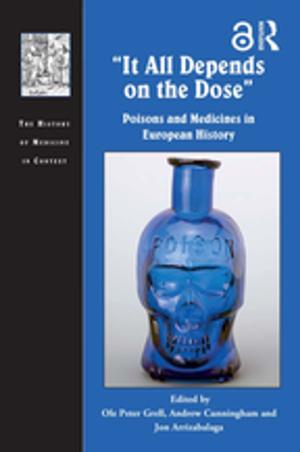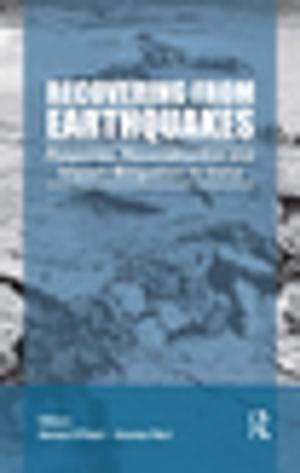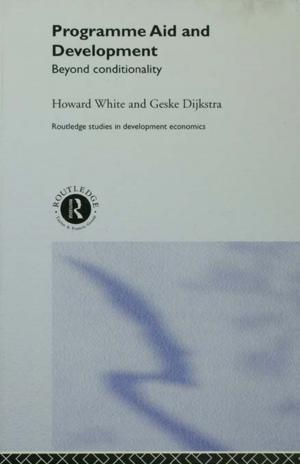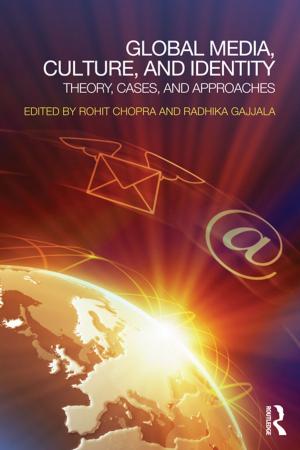| Author: | William Oliver Stevens | ISBN: | 9781315305974 |
| Publisher: | Taylor and Francis | Publication: | September 7, 2017 |
| Imprint: | Routledge | Language: | English |
| Author: | William Oliver Stevens |
| ISBN: | 9781315305974 |
| Publisher: | Taylor and Francis |
| Publication: | September 7, 2017 |
| Imprint: | Routledge |
| Language: | English |
Originally published in 1950, this title includes instances of dreams in published records from both British and American societies of psychical research, covering six decades. This work had been previously inaccessible to the ordinary reader. Other stories have come from friends and acquaintances of the author and in his introduction he states that: ‘the chief purpose of this collection is to present examples of apparently significant dreams, those that "come true", there will be no effort in these pages to debate possible explanations based on known laws, either of chance or of psychology. Readers are able to exercise their own ingenuity to this end. The material is offered here simply as evidence of a striking phenomenon in human consciousness, which, instead of being brushed aside as superstition, calls for serious study. It may have a profound bearing on the riddle of human personality.’
Originally published in 1950, this title includes instances of dreams in published records from both British and American societies of psychical research, covering six decades. This work had been previously inaccessible to the ordinary reader. Other stories have come from friends and acquaintances of the author and in his introduction he states that: ‘the chief purpose of this collection is to present examples of apparently significant dreams, those that "come true", there will be no effort in these pages to debate possible explanations based on known laws, either of chance or of psychology. Readers are able to exercise their own ingenuity to this end. The material is offered here simply as evidence of a striking phenomenon in human consciousness, which, instead of being brushed aside as superstition, calls for serious study. It may have a profound bearing on the riddle of human personality.’
